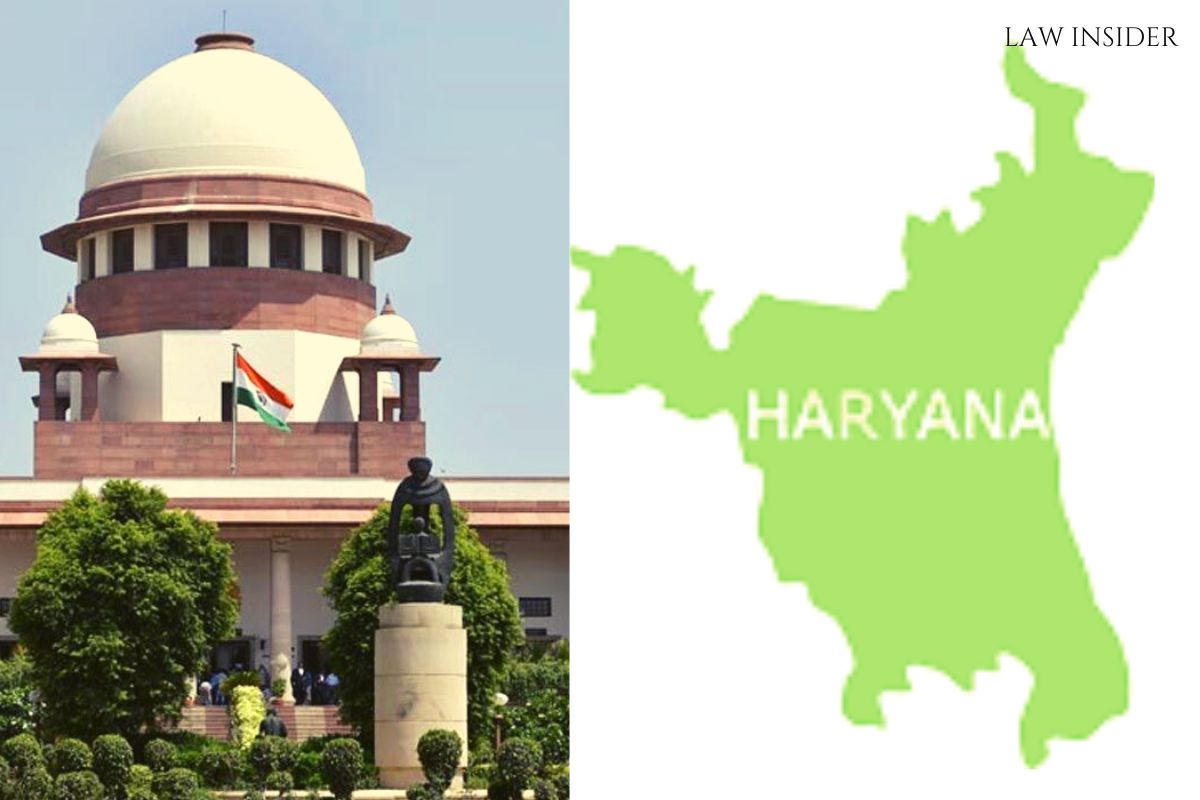Shashwati Chowdhury
Published on: August 18, 2022 at 16:57 IST
The Supreme Court observed that a substantial question of law need not be raised in a second appeal in the State of Haryana.
When examining an appeal brought against a judgment by the Punjab and Haryana High Court, the Bench of Justices Uday Umesh Lalit, S. Ravindra Bhat, and Sudhanshu Dhulia noted that Section 41 of the Punjab Courts Act, 1918—not Section 100 of the Code of Civil Procedure—was what is applicable in Haryana.
The court made it clear that the second appeal is not a forum where it must re-examine or evaluate factual issues that have already been settled by the Trial Court and the Appellate Court.
The plaintiffs in this case filed a lawsuit as property owners. In his written statement and counterclaim, the defendant asserted that in addition to the Khasra and Killa numbers listed in the plaint, he was also the owner of two other properties (not part of the suit property). The plaintiff’s lawsuit was rejected by the trial court, and the counterclaim was approved. The plaintiff’s appeal was denied by the First Appellate Court. The first appeal was partly allowed by Punjab and Haryana.
The court took note of the fact that, in accordance with Section 88 of the Punjab Reorganization Act of 1966, the laws that were applicable to the former State of Punjab continued to apply to the new State of Haryana. In addition, under Section 89 of the Punjab Reorganization of 1966, the State of Haryana formally adopted the laws of the former State of Punjab.
The Court observed,
“Therefore, in the State of Haryana, a court in second appeal is not required to formulate a substantial question of law, as what is applicable in Haryana is Section 41 of the Punjab Courts Act, 1918 and not Section 100 of the CPC Consequently, it was not necessary for the High Court to formulate a substantial question of law.”

